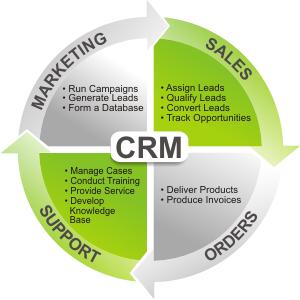customer connections and driving growth. When businesses design CRM strategies tailored to their unique goals, they can unlock better performance, stronger loyalty, and higher profitability.
Understand Your Business Objectives
A tailored CRM strategy begins with identifying business priorities. Do you need to improve customer retention, shorten sales cycles, or increase cross-selling opportunities? Clear objectives ensure that your CRM plan supports measurable outcomes.
Customize Workflows and Automations
Generic processes rarely suit every business. By customizing workflows, task automations, and reporting dashboards, you can align CRM tools with your organization’s structure. Automated lead scoring, follow-ups, and reminders help teams focus on meaningful interactions rather than repetitive tasks.
Integrate CRM Across Departments
A tailored strategy connects sales, marketing, and customer support teams. Shared access to customer data creates a unified view, reduces errors, and improves response times. Integration also ensures consistent messaging throughout the customer journey.
Leverage Data Analytics for Insights
Modern CRMs come equipped with powerful analytics tools. Tracking customer behavior, purchase patterns, and feedback can help refine strategies, personalize offerings, and predict trends. These insights make it easier to make informed decisions and spot growth opportunities.
Regularly Evaluate and Adapt
Your CRM strategy should evolve as your business grows. Review performance metrics, gather team feedback, and adjust settings or processes to match changing customer expectations and market trends.
Conclusion
Tailored CRM strategies give businesses a competitive edge by streamlining workflows and delivering personalized customer experiences. When implemented thoughtfully, they become a cornerstone of sustainable growth.



